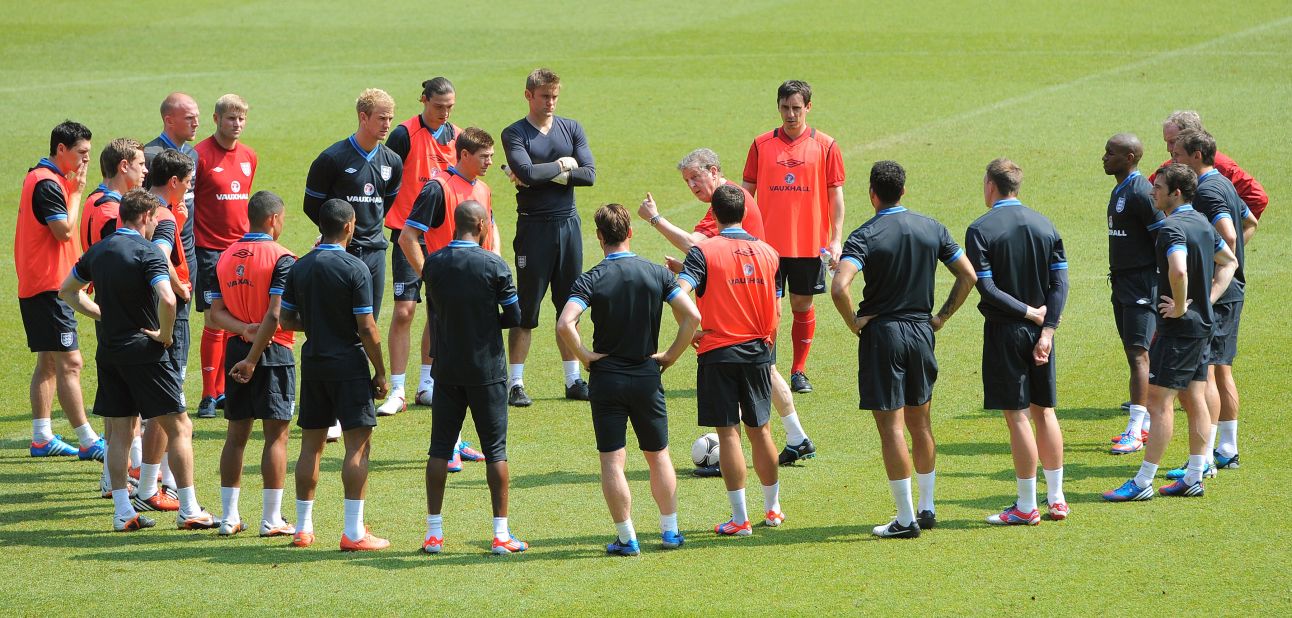Although managers certainly have some influence over a team’s performance, it is not as much as many supporters think. The most effective managers are those who can effectively lead their teams and have a strategic thinking. They choose players based on their genuine desire to play and how they will benefit the squad.
The following elements should be considered when assessing how football managers affect their teams:
The Philosophy of Tactical Action
Managers’ tactical ideas frequently influence how their teams perform on the field. This covers their favored lineups, methods of play, attacking and defensive tactics, and concentration on possession, set-pieces, or counterattacks.
Human Resource Management
Managing the personalities and egos of the team is a skill that successful managers frequently possess. Important components of man management include inspiring others, fostering a positive work environment, and communicating effectively. The cohesiveness and morale of a team can be impacted by a manager’s capacity to form close bonds with the players.
Player Growth
Certain managers are renowned for their capacity to nurture emerging talent and elevate the abilities of current players. This may result in long-term effects on a team’s financial stability and competitiveness. Those who support football have their favorite players, which has also led to football betting, where users predict sports results and wager on outcomes.
Flexibility, Board Relations, and Fan Relations
Because football is a dynamic sport, managers who can adjust to changing circumstances are successful. This entails modifying strategy mid-game, making wise replacements, and responding to injuries or transfers that affect the team’s composition. The climate of the club and a manager’s job security can be influenced by their interactions with the board of directors and supporters.
Style of Leadership and Legacy
Managers have different leadership philosophies. While some are more tactical and analytical, others are charismatic motivators. Developing a winning culture, discipline, and confidence in the team can greatly impact how well they perform. The legacy that a manager leaves behind is frequently used to gauge their impact. This encompasses the playing style, the team’s performance in contests, and the overall impact on the history of the club.
Recruitment and Transfers
When it comes to hiring and player moves, managers are essential. Both immediate and long-term performance may be impacted by their capacity to select players who fit their system and the squad’s needs.
Achievements and Awards
A manager’s success is ultimately determined by the trophies and titles they bring home. This covers cup competitions, continental awards, and domestic league titles. Success sustained over time shows a manager’s influence on a team.
Durability and Steadiness and Handling Crisis Situations
A club can benefit from certain managers’ steadiness and long-term outlook. Maintaining managerial continuity is often necessary to leave a legacy and develop a sustainable success model. How managers respond to adverse circumstances, like losing runs, player disputes, or budgetary constraints, can speak volumes about their perseverance and leadership abilities.
Wrapping it Up
It is significant to remember that a manager’s influence might differ from team to team based on the resources, the club’s expectations, and the level of competition. Furthermore, the football environment is extremely dynamic, and a manager’s efficacy might vary over time.

